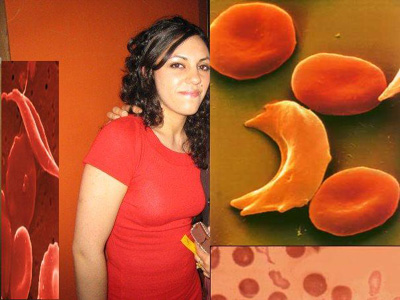Shahrzad Abbassi-Rahbar Sciences
Establishment of a Sibling Donor Cord Blood Program in Iran
Thalassemia is a disease common to 60 countries worldwide, with high prevalence in Middle Eastern countries. The Iranian population consists of many who exhibit the beta-thalassemia hemoglobinopathy, which reduces red blood cells ability to carry oxygen, and even more who are carriers of this life-threatening disease. In the past, most of the children born with beta-thalassemia failed to survive during the first decade of life. Medical advances have recognized that placental and umbilical cord blood of a newborn is a rich source of blood stem cells, which can replace the blood of a thalassemic sibling and cure him of the disease for life. In this clinical study, Shahrzad will survey and document the need for a sibling donor cord blood program in Tehran, Iran, evaluating the feasibility of establishing such a program.
